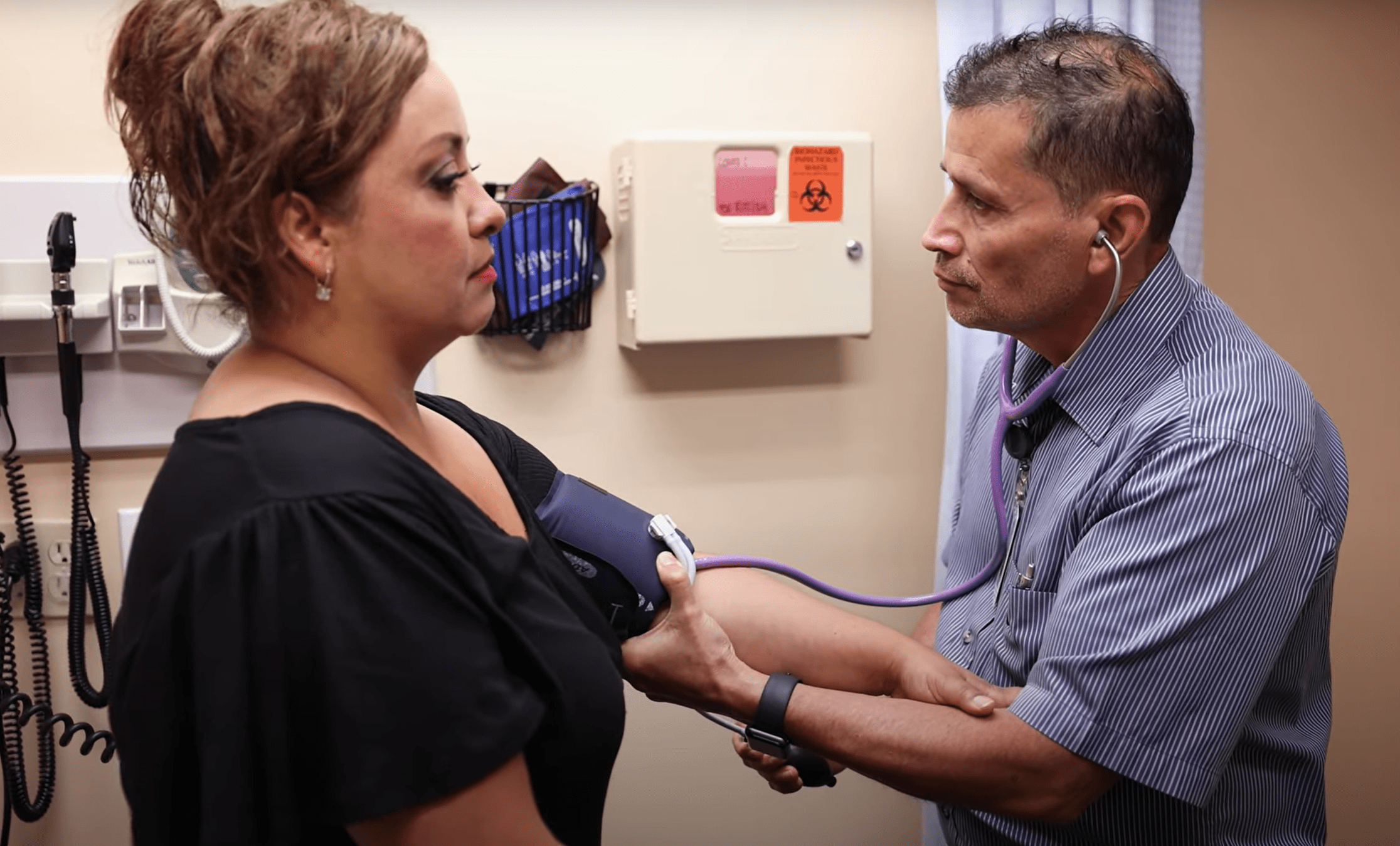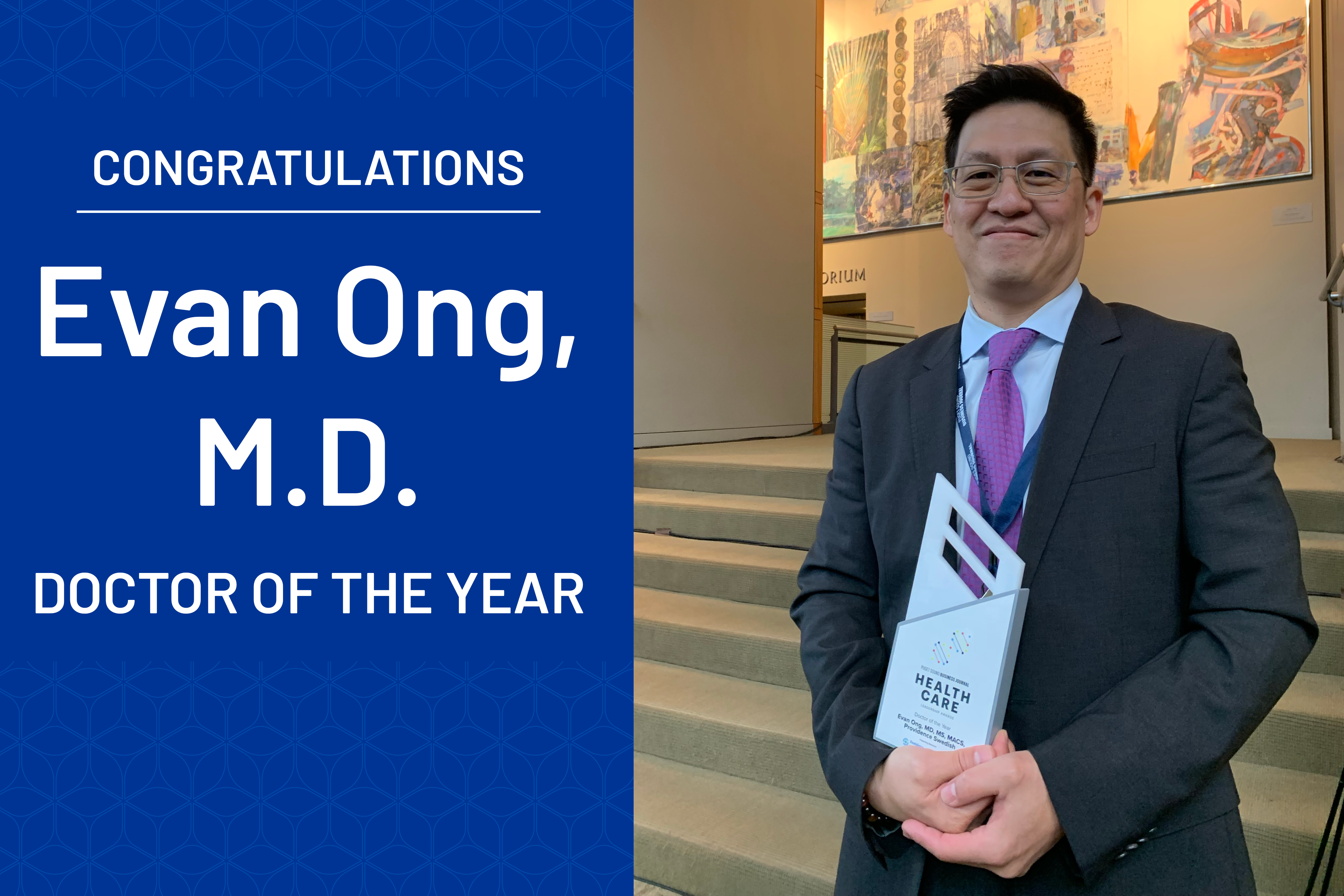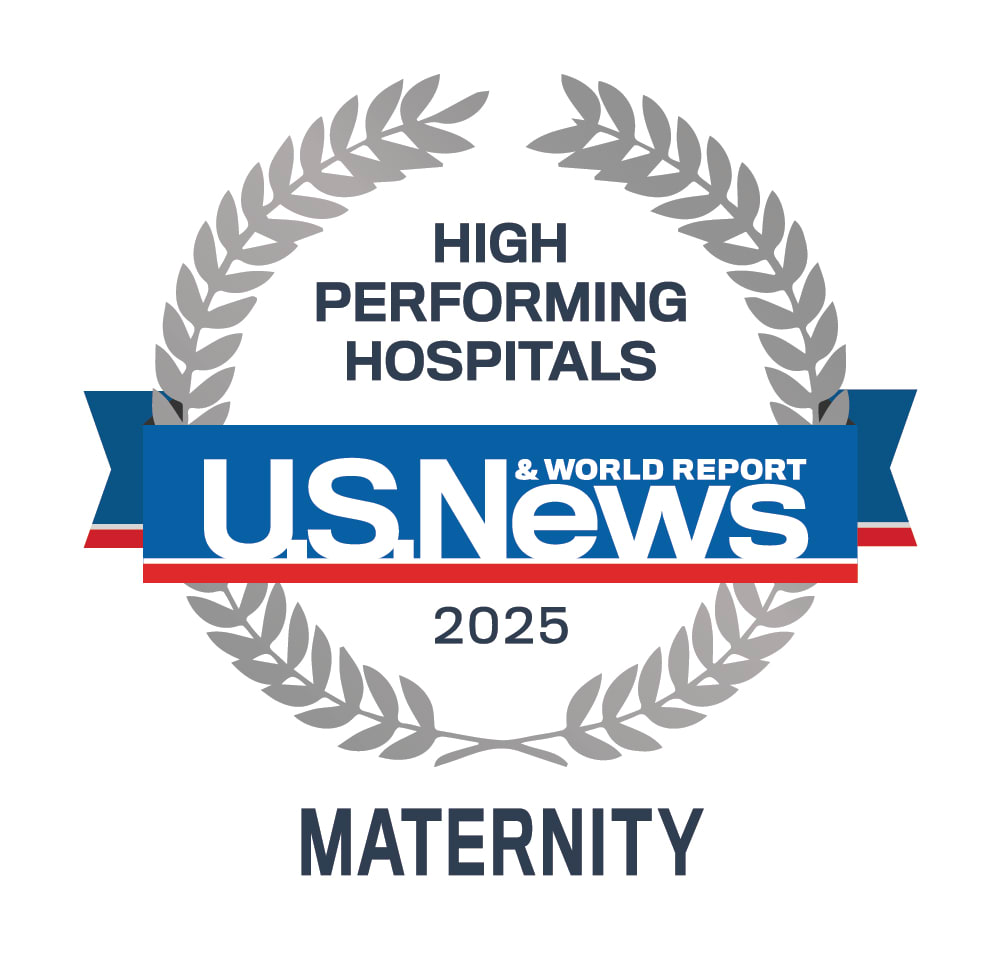This unique partnership supports access to lifesaving care

Providence Swedish—and the entire Providence family of organizations—is committed to ensuring that unhoused people and those from poor and marginalized communities have access to health care. Our work with Project Access Northwest is essential to this mission.
According to the U.S. Department of Health and Human Services, approximately 84 million people live in areas with shortages of primary care providers. Those shortages are particularly challenging in specialty care, which requires referrals and often comes with long wait times. These barriers are even more pronounced for unhoused, poor and marginalized populations.
Imagine for a second that you’re unhoused, don’t have a permanent address or are struggling paycheck-to-paycheck to feed your children and pay rent. If you needed specialized medical care, do you think you’d be able to keep multiple medical appointments, research specialists and manage all your needed secondary care aspects, like lab work, diagnostic imaging and follow-up appointments? It’s not a stretch to say this deficit is fatal; the U.S. National Institutes of Health reports that 18 million people die annually because they cannot access timely medical care.
Whole-person care and support
Washington State is home to a significant population that faces this reality daily. And as a result, they don’t get the specialized medical care they need. Project Access Northwest, one of Providence Swedish’s community partners, is dedicated to relieving that burden for patients by connecting them with care teams. The non-profit serves low-income and uninsured Washington residents by helping them access specialty care through a coordination program that matches carefully screened patients with volunteer specialty clinicians and hospital partners. The organization also provides additional support helping program participants access donated behavioral health care, dental services, and social needs like food, housing and employment resources.
“Providence Swedish is unwaveringly committed to creating a more inclusive health care system for every Washingtonian, and there could not be a clearer reflection of this promise than our work with Project Access Northwest,” says Elizabeth Wako, M.D., President and CEO of Swedish Health Services. “Together, we are breaking down barriers and ensuring that there are open pathways for every patient to get the health care they need.”
The Providence family of organizations, including Providence Swedish and Pacific Medical Centers (PacMed), have been on the ground with Project Access Northwest since its founding in 2006. Between then and now, the partnership has supported Project Access Northwest in facilitating some 75,000 patient visits with 2,500 volunteer providers at 239 locations.
“We support Project Access with funding and access for patients, from initial consults to complex surgeries,” says PacMed Chief Financial Officer Mounir Ghattas. “They are an important bridge in gaps to care and they help remove barriers to care.”
Ghattas notes that some 1,200 Providence Swedish clinicians see patients through Project Access Northwest, and that the partnership supports the infrastructure necessary for those clinicians to see their Project Access patients.
“The problem on the provider side of things is that they wanted to be able to address the needs of the un- and under-insured, but they needed an efficient way to do that,” says Project Access President and CEO Gary Renville. “They wanted to make sure that when a patient showed up to see a specialist, that they did do this with labs and imaging and whatever was appropriate so that there wasn’t this kind of back and forth and it was an efficient visit.”
As an added benefit to providers, patients scheduled by Project Access Northwest show up to their appointments an astounding 97% of the time. This success rate ensures patients receive the care they need and that providers save valuable resources and millions of dollars as they serve those in need.
“Providers come to us by word of mouth and through their employers,” says Renville. “As individuals or as a group, they pledge as many slots as they want to volunteer in each month. They can identify what specialties and days of the week they want commit to and what labs, screenings and imaging they want to see before they see a client.”
The Providence family commits to group wide pledges of time, so approved clients receive an ID card that works very much the way a typical insurance card does: a patient presents their card on arrival and then sees their practitioner or physician. The benefit here is twofold: patients are pre-screened with an arranged initial specialty appointment and follow-up plans in place, if necessary. The ID card process also destigmatizes patients who come for care through the program. The clinician may not be aware they are seeing a Project Access client, relieving the stigma the uninsured or underinsured often face when accessing services. This encourages patients to make any needed follow-up appointments.
Economic Impact
It’s not news that the financial burden of untreated medical conditions on state and local programs is substantial. According to the American Hospital Association, hospitals, health systems and individual medical practices across the country accumulated some $745 billion in uncompensated care costs between 2000 and 2022. For unhoused and underserved populations, the inability to access primary and specialty care leads to increased emergency room visits and hospitalizations, which are far costlier than preventative and routine care.
Project Access Northwest is an invaluable resource in Washington State and a model for the national fight to provide specialty medical care to underserved communities. With the support of health care organizations like Providence and PacMed, our partnership is making strides toward a more equitable health care system, where everyone has the opportunity to lead a healthy life.
About Providence Swedish
Providence Swedish has served the Puget Sound region since the first Providence hospital opened in Seattle in 1877 and the first Swedish hospital opened in 1910. The two organizations affiliated in 2012 and today comprise the largest health care delivery system in Western Washington, with 22,000 caregivers, eight hospitals and 244 clinics throughout Western Washington – from Everett to Centralia. A not-for-profit family of organizations, Providence Swedish provides more than $545 million in community benefit in the Puget Sound region each year. The health system offers a comprehensive range of services and specialty and subspecialty care in a number of clinical areas, including cancer, cardiovascular health, neurosciences, orthopedics, digestive health and women’s and children’s care. For more information, visit providence.org/swedish.
About Project Access Northwest
Project Access Northwest is a non-profit 501(c)3 formed in 2006 to improve access to specialty health care for low-income and uninsured patients. It matches volunteer specialty care providers and hospital partners with carefully pre-screened patients in need of care. Originally started in King County (Washington state), it has since expanded its service area to include Kitsap and Snohomish counties. Project Access Northwest also provides dental care in King County to qualifying Northwest Kidney Center patients. From the beginning, Project Access Northwest has specialized in Care Coordination, matching volunteer specialty care providers and hospital partners with carefully pre-screened patients in need of care. Even with the implementation of the Affordable Care Act, the need for better access to health care services — especially specialty dental care — remains. Project Access Northwest remains committed to matching patients in need with caring volunteer providers and to developing innovative programs that improve health care access in our region. It also developed the statewide Premium Assistance program to assist those who are eligible to purchase private health insurance on the Washington Health Benefits Exchange but for whom paying the premiums is a financial hardship.


